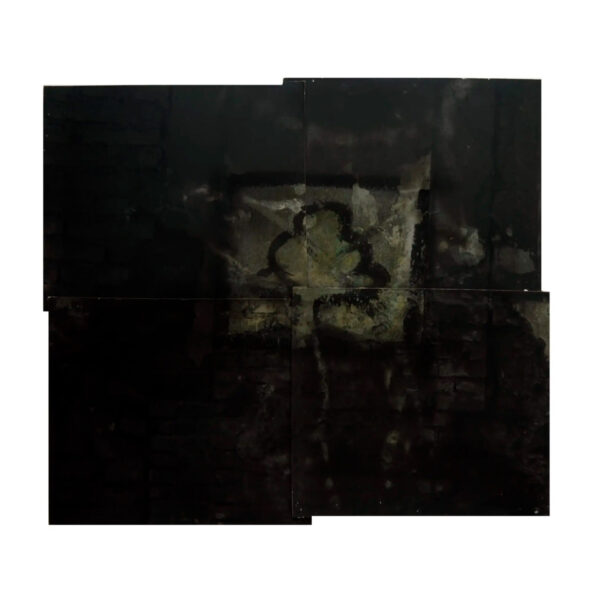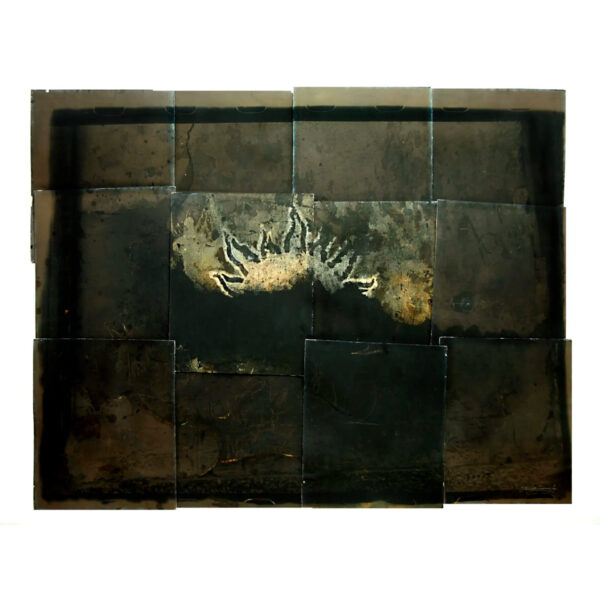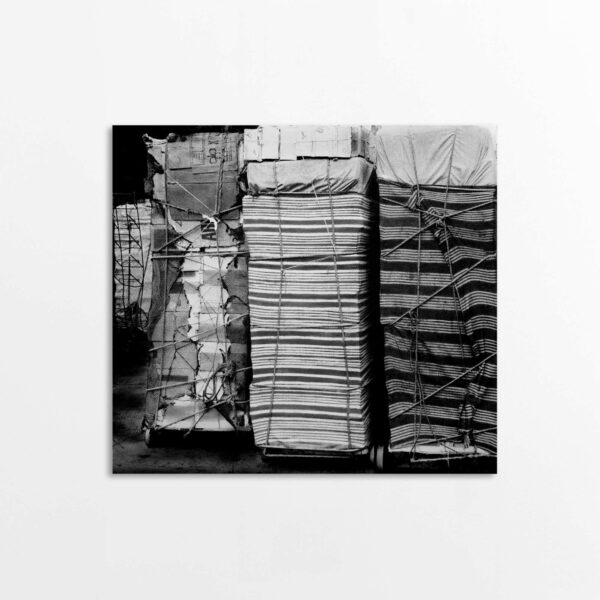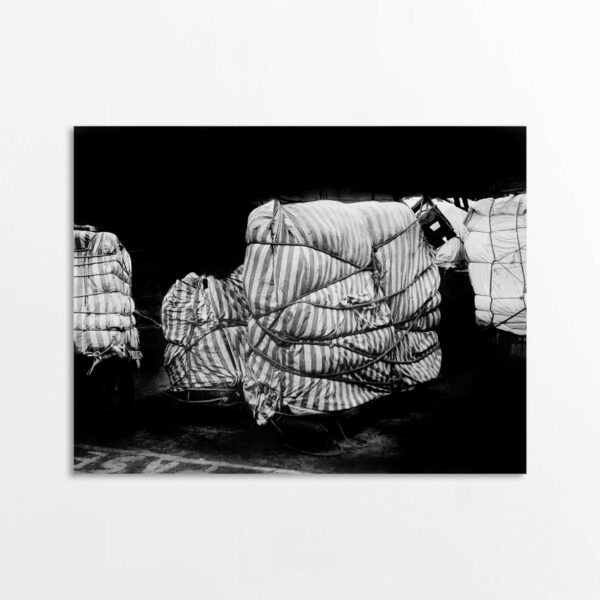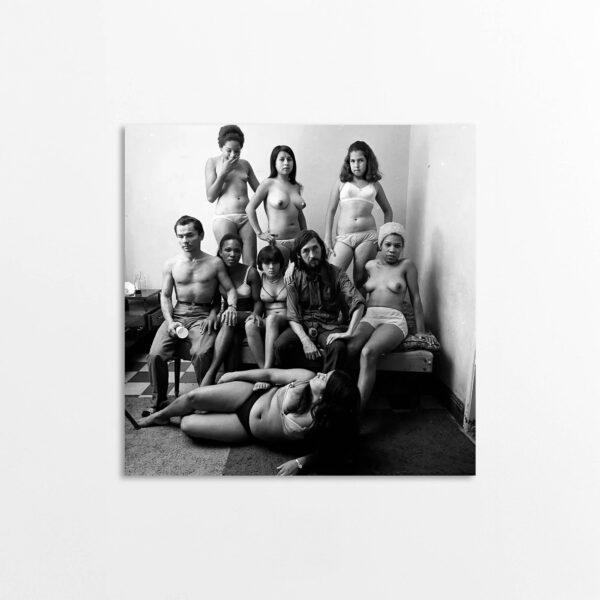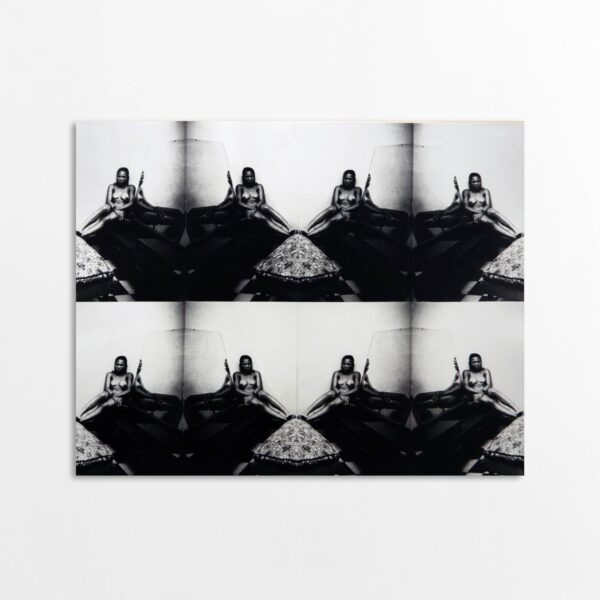
Fernell Franco’s practice took place in Cali during the seventies, a period during which the city experienced un-precedented cultural changes. Local art, literature and cinema began to show an interest in urban popular culture, as well as in the involuntary changes that opened the door to a modern and industrialized region, adding to the chaotic reality of the drugs war that had intensified during the eighties and nineties. Works by recognized creatives such as Andres Caicedo, Oscar Muñoz, Ever Astudillo, and the film directors Carlos Mayolo and Luis Ospina insisted on portraying their city, sometimes through collaborations, consolidating an important period in the his-tory of the visual arts in Colombia.
Franco’s photographs comprise series that originate from his ambulatory research throughout the cities of the continent. Prostitutes, Portraits of the city, Pacific, Demolitions, and Popular Color, among others, show his pi-oneering attitude towards photography as he intervenes the photographic process with chemicals, pencils and sprays, confirming the hypothesis of the “proof as a finished work of art”. He also experiments with visual narrative elements, a theme explored throughout his career.
The presentation of this artist in the Visionaries program of Instituto de Visión aims to give his work the recogni-tion that it deserves within the history of art of Colombia, in an environment where photography has only recently acquired its rightful position among the visual arts. Franco’s single pieces (each photograph contains a specific intervention) is proof of the experimental risks that he took in crossing the boundaries between mediums in the early seventies in a provincial town in Colombia characterized by isolation and an extremely traditional arts education. In Franco’s case, he lacked a formal education and, perhaps even because of this, was able to decompose materials and to erase the image on an almost parallel path to that taken by his colleague Oscar Muñoz.
Apart from receiving particular local recognitions, Franco passed away in 2006 without knowing the impact and importance of his work, which is now receiving international acclaim.
María Wills






